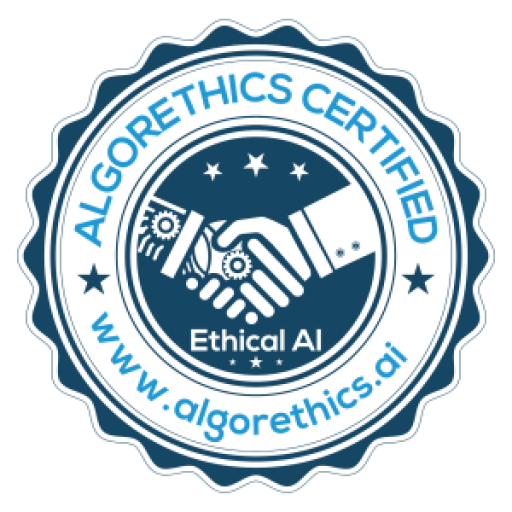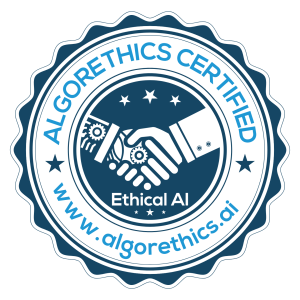The rapid integration of artificial intelligence (AI) into military operations is reshaping global defense strategies. From predictive maintenance and intelligence analysis to fully autonomous weapons systems, AI is no longer a future asset—it’s today’s battlefield reality. But as defense technology evolves at breakneck speed, one truth stands out: AI military ethics cannot be an afterthought. Ethics must lead, not follow.
The Rise of Autonomous Weapons
Autonomous weapons systems—capable of identifying, selecting, and engaging targets without human intervention—are at the center of a profound ethical debate. These systems promise faster decision-making and reduced risk to military personnel, but they also raise critical concerns about accountability, legality, and the moral implications of delegating life-and-death decisions to machines.
Who is responsible if an autonomous drone makes the wrong call? Can a machine distinguish between a combatant and a civilian in the chaos of war? These are not philosophical hypotheticals—they are urgent questions confronting defense leaders today.
Why AI Military Ethics Matter Now
AI in military contexts amplifies the stakes of ethical failure. Misuse or poorly governed deployment could lead to unintended escalation, civilian casualties, or violations of international law. Without clear ethical frameworks, AI-powered decisions could erode public trust and undermine the very security these systems aim to protect.
AI military ethics must be built into the lifecycle of defense technology—from initial design through deployment. This includes ensuring transparency in AI decision-making, maintaining human oversight, and aligning systems with international humanitarian law.
Toward Responsible Defense Tech
A commitment to responsible defense tech means recognizing that the most advanced tools are not always the wisest to use without rigorous scrutiny. Ethical guidelines must shape how AI is developed, tested, and fielded. Governments, defense contractors, and research institutions must collaborate on robust governance structures that prioritize human dignity and global stability.
Importantly, the push for responsible AI in defense is not about halting innovation. It’s about channeling it in ways that align with democratic values and human rights. Ethics-driven design can actually strengthen operational effectiveness by avoiding the blowback and strategic instability that often follow unethical actions.
The Path Forward
To ensure that ethics lead rather than lag behind, policymakers and defense agencies must:
Establish international norms and treaties on the use of autonomous weapons.
Mandate human-in-the-loop controls for critical decision-making processes.
Invest in AI explainability and auditability for military applications.
Engage civil society and ethicists in the development and review of defense technologies.
Ultimately, AI’s role in defense is not just a technical issue—it is a moral crossroads. We must decide whether to prioritize short-term military advantages or long-term global responsibility. In that choice lies the future of not just warfare, but of human values in the age of intelligent machines.







